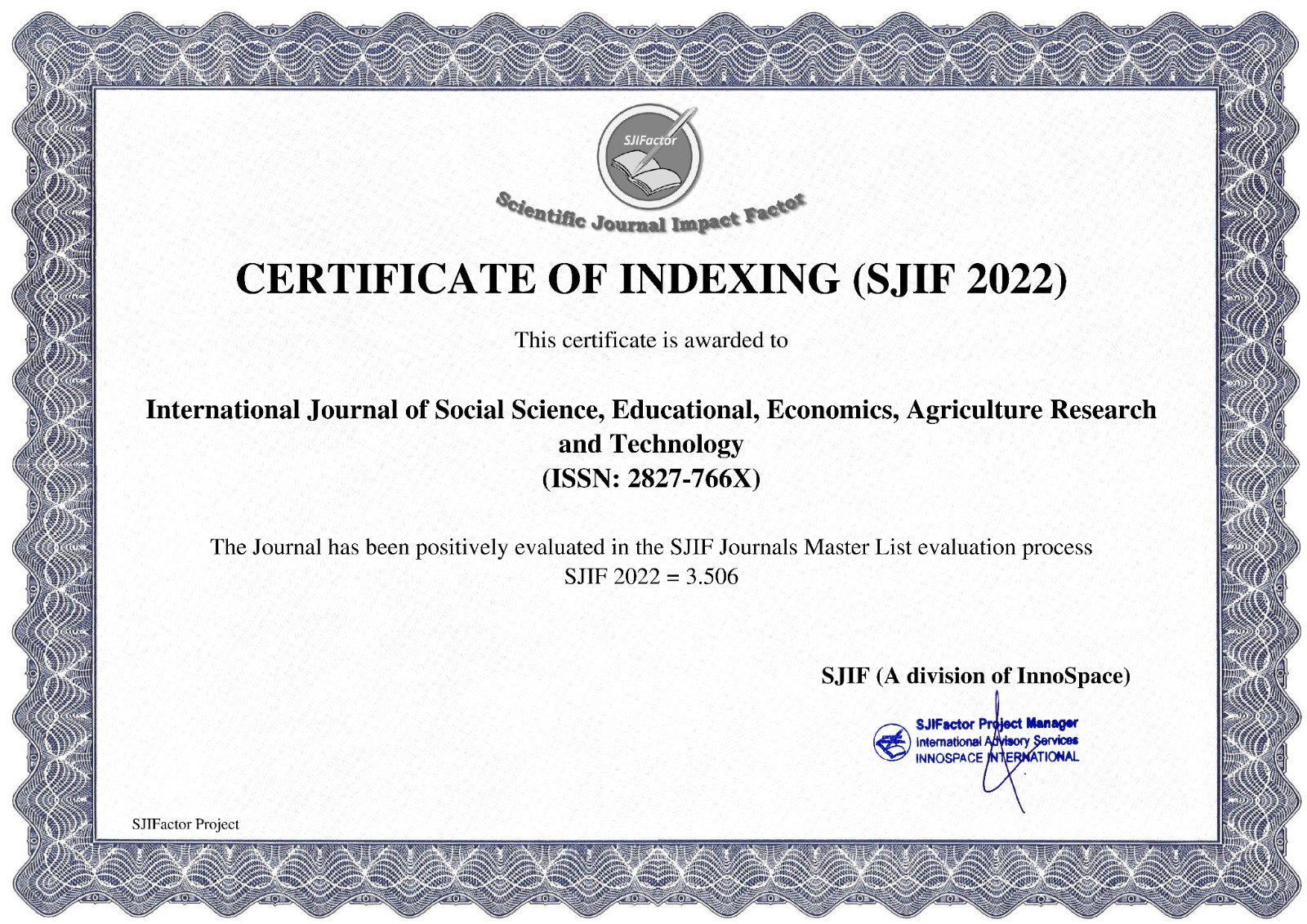THE IMPACT OF FLEXIBLE WORK POLICIES AND WORK-LIFE BALANCE ON EMPLOYEE PERFORMANCE (GRAB DRIVER CBD POLONIA)
Main Article Content
Muhammad Zakiul Fuad Batubara
Nursakinah Ritonga
Lisa Iryani
Nursanjaya
Sufi
The development of the modern workplace demands that companies create adaptive work systems, including through the implementation of flexible work policies and efforts to maintain a balance between work and personal life for employees. This study aims to determine the effect of flexible work policies and work-life balance on employee performance, specifically for Grab drivers in the Polonia CBD area. This study used a quantitative approach with data collection techniques through distributing questionnaires to respondents selected non-probabilistically. The data obtained were analyzed using multiple linear regression methods with the assistance of statistical software. The results showed that flexible work policies did not have a significant impact on individual employee performance. Conversely, work-life balance was proven to have a positive and significant impact on improving employee performance. Meanwhile, together, both variables made a significant contribution to employee performance. From these findings, it can be concluded that efforts to create a balance between work and personal life have a more significant impact on performance than simply providing flexibility in work. Therefore, companies are advised to integrate flexible work policies with employee welfare support programs to create a more productive and sustainable work environment.
Bal, P. M., & De Lange, A. H. (2015). From flexibility human resource management to employee engagement and perceived job performance across the lifespan: A multisample study. Journal of Occupational and Organizational Psychology, 88(1), 126–154. https://doi.org/10.1111/joop.12082
Frame, P., & Hartog, M. (2003). From rhetoric to reality: into the swamp of ethical practice. Journal of Business Ethics, 45(4), 359–372.
Ibrahim, A., Junaidi, & Musdalifah, M. (2021). Pengaruh Motivasi dan Disiplin Kerja terhadap Kinerja Karyawan pada PT. Indofood CBP Sukses Makmur. Jurnal Manajemen dan Bisnis Indonesia, 7(2), 211–220.
Mangkunegara, A. P. (2018). Manajemen Sumber Daya Manusia Perusahaan. Bandung: Remaja Rosdakarya.
McDonald, P., Brown, K., & Bradley, L. (2005). Explanations for the provision–utilisation gap in work–life policy. Women in Management Review, 20(1), 37–55. https://doi.org/10.1108/09649420510579568
Rondonuwu, M. M., Karamoy, H., & Warongan, J. D. (2018). Pengaruh Work Life Balance terhadap Kinerja Pegawai. Jurnal EMBA, 6(4), 2430–2439.
Sa’adah, S., & Sopiah, S. (2022). Fleksibilitas Kerja dan Work-life Balance terhadap Kinerja Karyawan. Jurnal Riset Manajemen, 9(1), 101–108.
Sowmiya, K., & Aiswarya, R. (2020). A study on work-life balance and job satisfaction of employees in IT sector. Journal of Critical Reviews, 7(12), 2395–2400.
Wynn, M., & Rao, L. (2020). The impact of remote and flexible work arrangements on productivity and employee well-being. International Journal of Management and Applied Research, 7(2), 1–15.






















